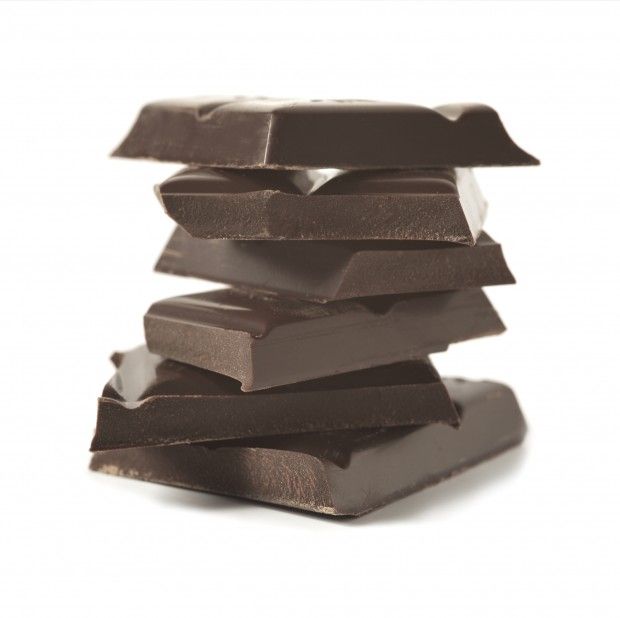High-Protein Chocolates Pieces Expand Confectionery, Bakery, and Cereal Applications, Company Says
The high-protein chocolate pieces are available as white chocolate with milk protein, or milk or dark chocolate with vegetable protein, and are offered in various shapes to meet the needs of a wide range of food applications.
Photo © iStockphoto.com/stocksnapper

A functional chocolate supplier called Hersa Schokolade (Norderstedt, Germany) is launching a new range of protein-enhanced chocolate compound pieces. The high-protein chocolate pieces are available as white chocolate with milk protein, or milk or dark chocolate with vegetable protein, and are offered in various shapes to meet the needs of a wide range of food applications.
According to Herza, the shapes of its chocolate pieces depend on the application, as well as the customer requirements. For example, it says, cereal manufacturers can enrich muesli with smaller chocolate pieces, while the chocolate chunks are ideal for ice creams or bakery products. In addition, because the high-protein chocolate pieces are easy to melt, they can also be formulated into coatings for bars, wafers, and other confectionery applications. The company adds that the chocolates contain between 20%-25% protein content, and are also available in low-sugar variants.
Herza also points to its new quark compound coating that is specifically formulated for alternative ice cream products like quark and frozen yogurt. The quark compound also contains between 20%-25% protein.
In a press release from Herza, the company stated that consumer demand for high-protein products that still offer a great taste is on the rise. While many consumers have come to expect higher protein content in dairy products, says Herza, now, consumers are also looking to other protein sources, including cereals and other protein-enriched offerings. Thus, the company says, the new chocolate compounds can help manufacturers meet the growing demand for high-protein food products.
Also read:
Protein Is Trending in Chocolate, But Comes with Formulating Challenges
HHS announces restructuring plans to consolidate divisions and downsize workforce
Published: March 27th 2025 | Updated: March 27th 2025According to the announcement, the restructuring will save taxpayers $1.8 billion per year by reducing the workforce by 10,000 full-time employees and consolidating the department’s 28 divisions into 15 new divisions.










